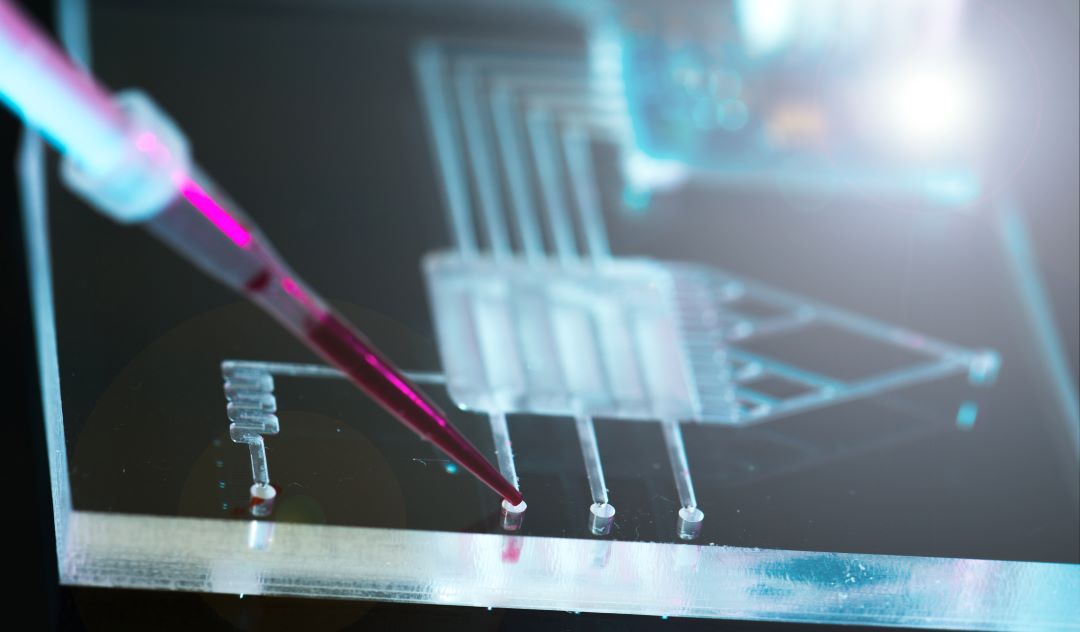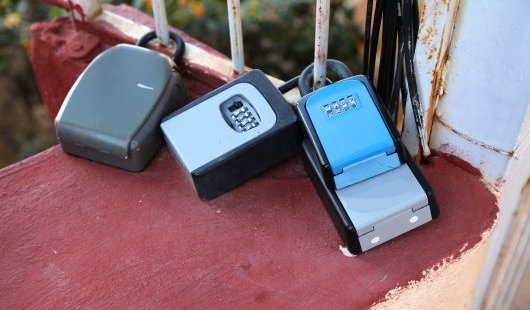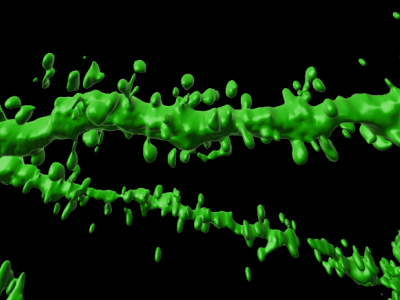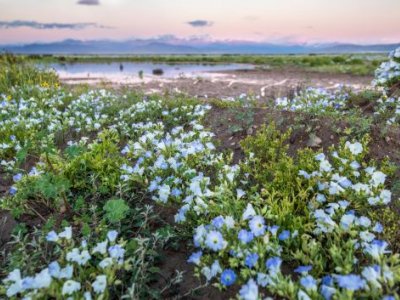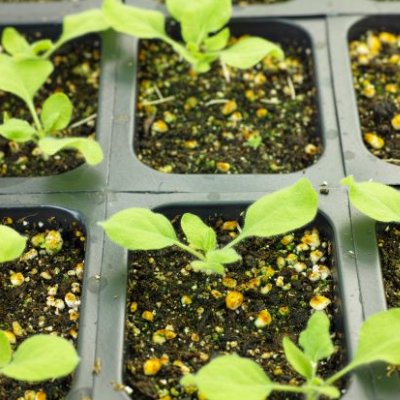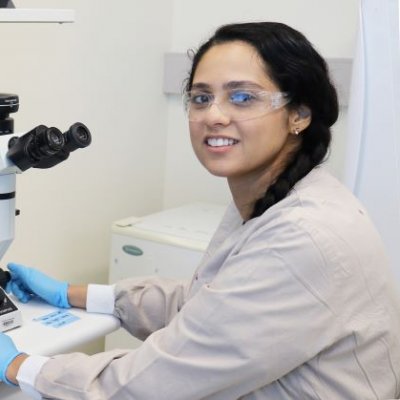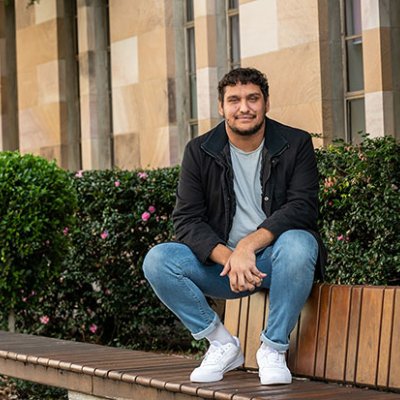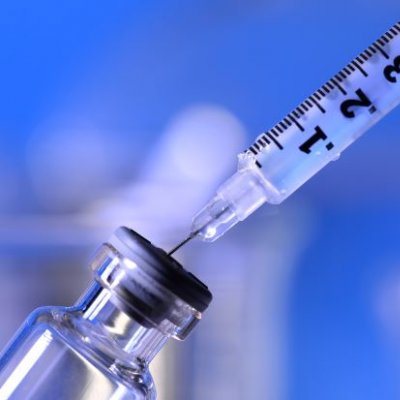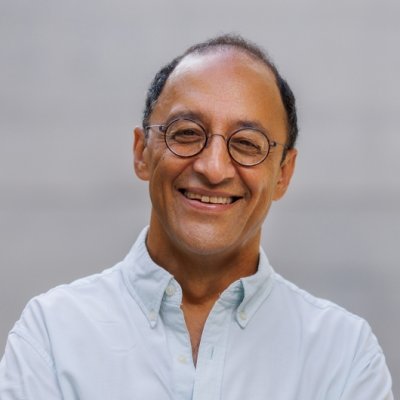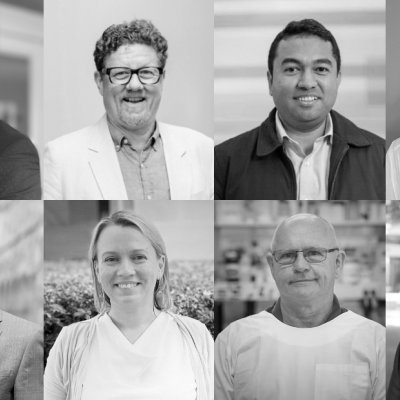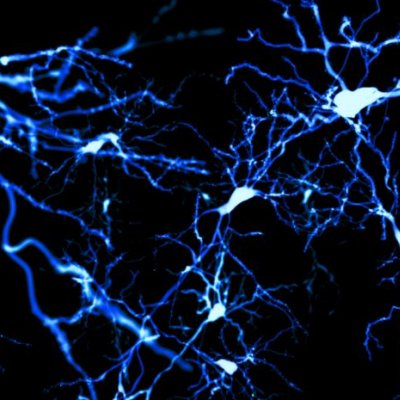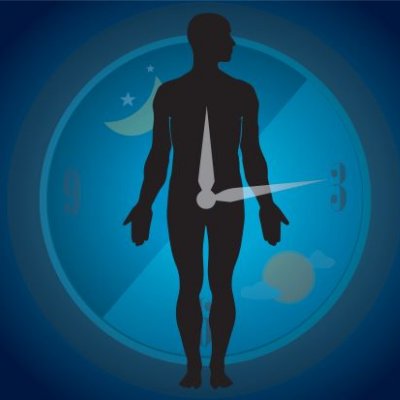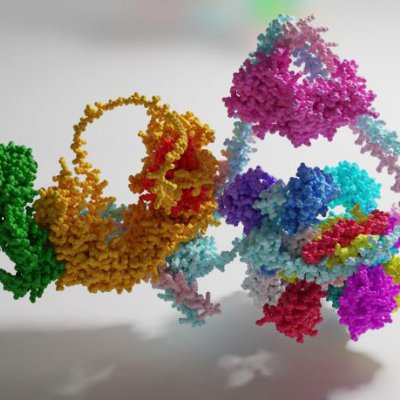UQ tech bringing regenerative medicines closer than ever
Tiny gel droplets enhanced with UQ microfluidics technology could open new pathways to repairing and replacing damaged organs.
20 June 2025Holiday rental caps not the solution to housing crisis
A cap on short-term holiday rentals in regional New South Wales tourist hot spots has had no impact on the housing crisis, a UQ study has found.
20 June 2025University of Queensland researchers have shown Australian tobacco plants could be used as ‘biofactories’ to manufacture medicines on a large scale.
1 June 2023University of Queensland researchers have developed a nanoparticle to take a chemotherapy drug into fast growing, aggressive brain tumours.
31 May 2023Emerging Indigenous artist Durriwiyn has become the first student to release a single through The University of Queensland’s record label Corella Recordings.
30 May 2023A second student residences complex is planned for The University of Queensland’s St Lucia campus to help to address a shortage of suitable and affordable rental accommodation.
26 May 2023Researchers from The University of Queensland have determined how Botox – a drug made from a deadly biological substance – enters brain cells.
26 May 2023A University of Queensland study has found a child’s repeated exposure to Intimate Partner Violence (IPV) puts them at higher risk of behavioural problems.
25 May 2023The University of Queensland’s Professor Pankaj Sah has been elected as a Fellow of the Australian Academy of Science in recognition of his contribution to neuroscience over more than 25 years.
25 May 2023A promising treatment for inflammatory bowel disease and a pre-clinical drug candidate for a devastating neurological condition are among four UQ research projects to receive support from Australia’s national biotech incubator - CUREator.
24 May 2023University of Queensland research has revealed features of early human brain development are mimicked in the brains of marsupials.
23 May 2023University of Queensland research has revealed liver cells influence the body’s internal circadian clock, which was previously believed to be solely controlled by the brain.
18 May 2023University of Queensland researchers have used artificial intelligence to build a 3D map of key cell components to better understand dementia and infectious diseases including COVID-19.
12 May 2023- ‹ newer articles
- 59 of 1314
- older articles ›
